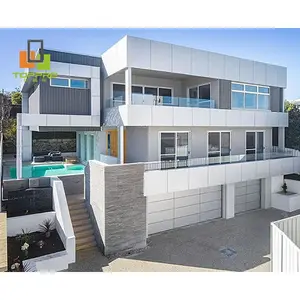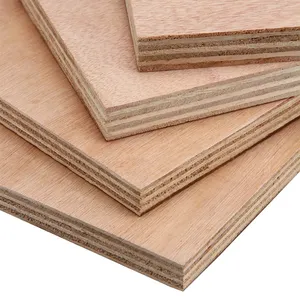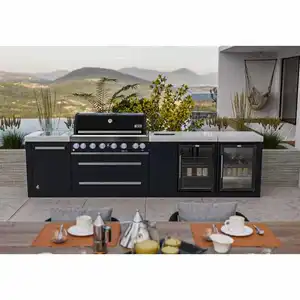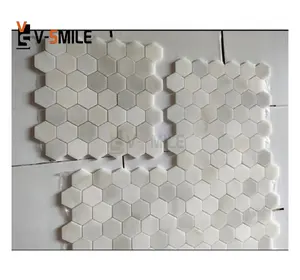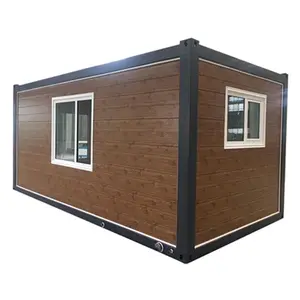Popular in your industry
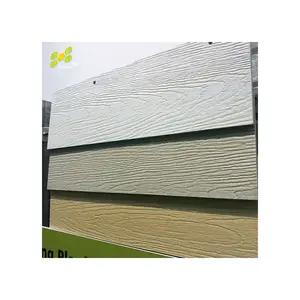









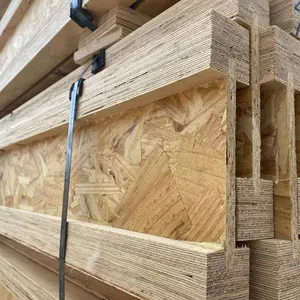





































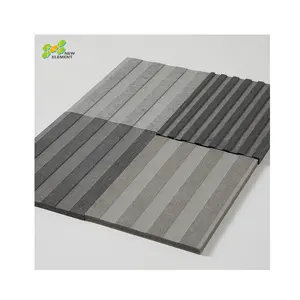















Related Searches:






















































































































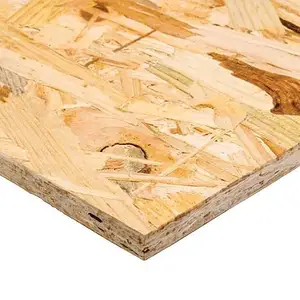
























Top categories
About construction board material
Introduction to Construction Board Materials
Construction board materials are essential components in modern building projects, offering versatility and durability. These engineered panels are designed to meet various structural and aesthetic requirements in construction, providing an alternative to traditional solid wood products. This category encompasses a range of products tailored for different applications, from interior design to structural support.
Types of Construction Board Materials
The construction industry utilizes a variety of board materials, each with unique properties. MDF (Medium Density Fiberboard) is a popular choice for detailed work due to its smooth surface. Ceramic fibreboard offers excellent thermal insulation, making it suitable for high-temperature environments. For enhanced durability, concrete fibreboards are favored in exterior applications. Fire-resistant options provide added safety in fire-prone areas, while wood fibre boards offer a balance of strength and workability.
Applications and Functionalities
The application of construction board material spans across various sectors. In residential and commercial buildings, these materials are often used for flooring, wall sheathing, and roofing. Their adaptability allows for use in specialized environments, such as soundproofing in studios or moisture-resistant boards in bathrooms and kitchens. The functionality of these boards is further enhanced by their ability to be cut and shaped to fit custom designs, making them a go-to for bespoke construction needs.
Features and Material Composition
Construction boards are composed of different materials, each contributing to the board's overall features. For instance, MDF is made from wood fibers bonded with resin, which provides a smooth finish ideal for painting. Ceramic and concrete fibreboards are known for their robustness and resistance to elements, making them suitable for outdoor use. The material composition directly influences the board's weight, insulation properties, and resistance to moisture, fire, or pests.
Advantages of Using Construction Board Materials
Opting for construction board material comes with several advantages. These boards are generally more cost-effective than solid wood, making them an economical choice for large-scale projects. The variety in color and texture available with these materials allows for creative freedom in design. Additionally, their engineered nature means they can be tailored to meet specific performance criteria, such as enhanced fire resistance or acoustic insulation, without compromising on strength or durability.
Environmental Considerations
Sustainability is a growing concern in the construction industry, and many board materials are now produced with environmental impact in mind. Recycled materials are often used in the production of these boards, reducing waste and promoting a circular economy. Furthermore, the use of sustainable wood sources for fibreboards contributes to responsible forestry practices, aligning with global efforts to protect natural resources.
